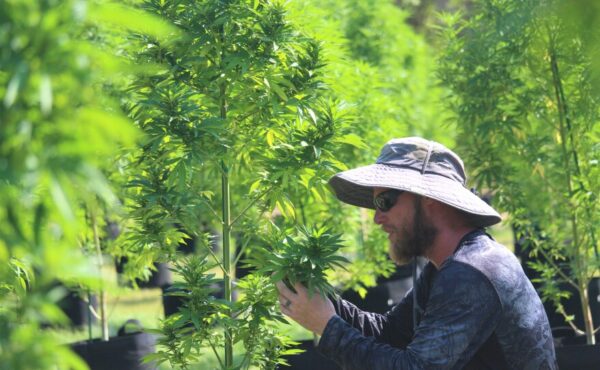
Currently, various movements and political parties are eager to establish the therapeutic use of cannabis. Attending exclusively to the needs of patients who need cannabis for medicinal use to treat certain ailments.
From another parliamentary perspective, there are divisions where some seek regulation in recreational use and markets. Thus establishing a statutory regulation based on sales procedures, distribution arrangements, and free production.
Used as a reference to Canada, one of the first G20 countries to legalize cannabis liberally. There has been progressed in the legality of marijuana in Spain, with recognition of its therapeutic properties.
Became progress thanks to the recognition from the United Nations Organization for its therapeutic properties. Removed from the 1961 convention list of drugs containing substances harmful to the body.
The need then arose for mostly concise legislation that succeeded in covering the various cannabis-consuming communities in Spain. As well as determining the legal parameters needed for legal consumption for every person in the country.
The Risks Now of Cannabis Legalization
Thus, the various benefits obtained from legalization are also a challenge in other fields. Different people resort to its consumption due to some personal situations which should not be brought to illegality.
Foundations have said they hope Spain will take steps to legalize cannabis consumption legally. But be careful not to repeat the same mistakes as tobacco and encourage uncontrolled consumption.
Cannabis tourism in Barcelona
Barcelona is a friendly city: the weather and temperature behave most of the year, the people are open and friendly, the food is sumptuous, and the city is inexpensive compared to other European destinations… All this attracts millions of tourists. But let’s be clear, cannabis tourism peaks in the high number of social clubs for cannabis consumers and the large offering, via the internet, of (dubious) cannabis tourism. Tourists are attracted by these clubs and by the desire to taste the different varieties they offer. Most overlooked is that, unlike the mythical coffee shop, which is public and allows access to anyone, a social club is only open to its members. You can only access it by being invited by one of its members, your partner. However, cannabis tours offer assistance and facilities for access, and even guided tours through various clubs. Despite these limitations, many travelers positively evaluate the relaxed, close-knit, and laid-back atmosphere exhaled in Barcelona’s social clubs,a far cry from the pub atmosphere of the coffee shops in Barcelona. But that’s not all. Cannabis prices are lower than in Amsterdam.
The most curious can also enjoy the Hash Marihuana & Hemp Museum. The Dutch myth museum opened the doors of Palau Mornau in Barcelona in 2012. Here, in addition to temporary exhibitions, there is a permanent collection spanning the entire history of cannabis, with extraordinary objects such as Rembrandt paintings or a large collection of pipes. From all over the world.
Additionally, Barcelona hosts, throughout the season, various cannabis-related fairs, competitions, and events. Since 2002, one of the world’s largest cannabis fairs has been held at Cornellá: Spannabis; covering all sectors related to the hemp plant, from industry (textiles, food, cosmetics…), to cultivation and consumption; and it coincided with the presentations of the World Cannabis Conferences and the Cannabis Champions Cup.
Barcelona’s recent popularity isn’t just due to its social club; the fact that it rivals Amsterdam is largely thanks to the Dutch government. Amsterdam, a green paradise in Europe, a pioneer in the struggle for cannabis normalization, today tightened the siege on cannabis production. Over the past few years, a series of conservative governments have put their all into creating laws and sanctions to close coffee shops, intending to stop the Dutch capital from becoming a cannabis tourism destination.


